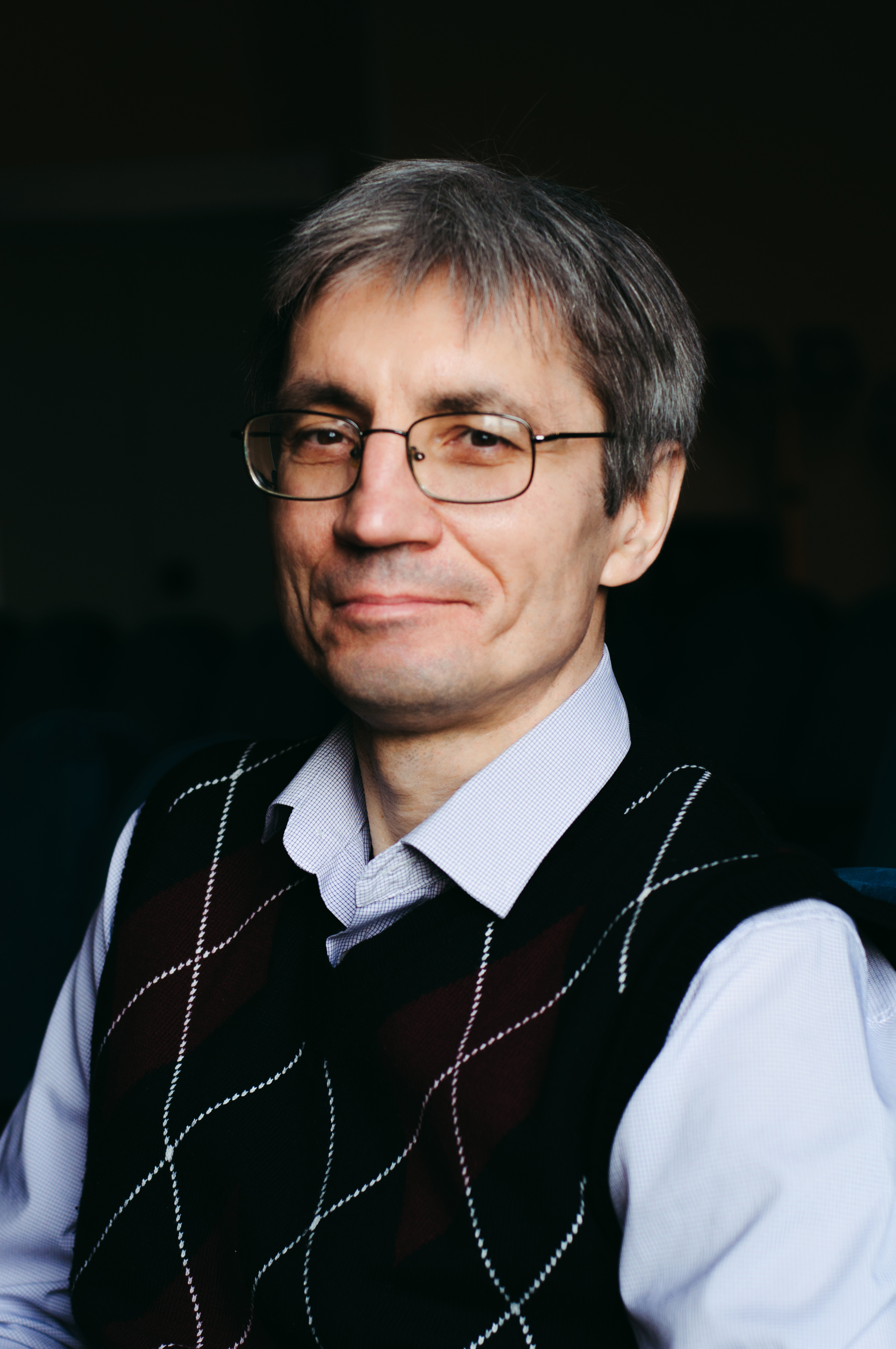The article reveals the peculiarities of the famous mystic G.I. Gurdjieff’s ideas on yoga. Despite the emphasis on the psycho-practical nature of his teachings, Gurdjieff almost never uses the word “yoga” in his works, nor any other Sanskrit-based terms, except for the term “kundalini”, which he interprets in an original way. Meanwhile, “yoga”, as a concept, is mentioned frequently in P.D. Uspensky's work “In Search of the Miraculous”, primarily in relation to “the way of the yogi”. Although this path may refer to traditional Indian yoga, it is primarily seen by Gurdjieff as a convenient construction that explains the functioning of a person's intellectual center. The article distinguishes between “weak” and “strong” yogis, those who have knowledge but lack understanding, and those who do, respectively. Gurdjieff criticizes traditional Indian yoga for being ineffective in modern times. He also criticizes imitative forms of Westernized yoga, believing that they can lead to dangerous consequences. He shows his teaching as independent and original, preferring to call it “haida-yoga” in a figurative sense.
Key words: Gurdzhiev, yoga, haida-yoga, Uspenski, Yogi Ramacharaka, “way of the yogi”, kundalini
DOI: 10.22250/20728662-2025-2-104-111
About the author
 |
Sergey V. Pakhomov – Ph.D. (Philosophy), Associate Professor at the Department of Philosophical Anthropology and History of Philosophy, Institute of Philosophy of Man, Herzen State Pedagogical University; 26 Malaya Posadskaya, St. Petersburg, 197046, Russia; This email address is being protected from spambots. You need JavaScript enabled to view it. |